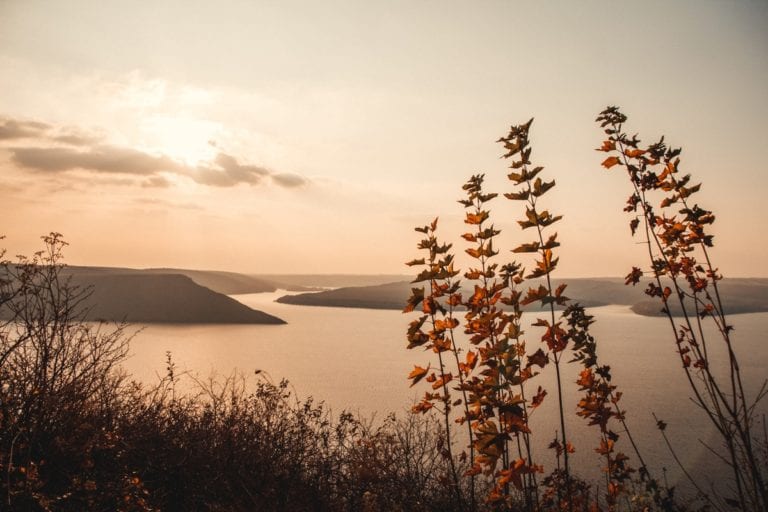Similar Posts

703rd Week: Supporting A Sense of Connection
I am, without question, a creature of habit. There is a place in Central Park where I sit on weekend mornings and do a lot of the writing that shows up here as weekly practices. Because I’m pretty much a regular during seasons that encourage being outdoors, I have come to know others who are also regulars on weekend mornings. One man who works at the restaurant in the park comes by each weekend morning and we have a bit of a chat. One morning, because it rained the day before, he mentioned that he missed seeing me on his way to work… Read More “703rd Week: Supporting A Sense of Connection”

782nd Week: This Breath, This Moment
I ended last week’s practice with a suggestion to come back to the present moment and to this current breath as a way to manage some of the stress of this time in our collective lives.
One of the practices that I used to teach in the Somatic Experiencing® trainings was to invite people to notice how they “add fuel to the bonfires of activation”. Many of us have grown up in cultures that don’t focus on tracking how we allow our thinking to drag us hither and yon, an experience that generates enormous amounts of suffering. In this time of the coronavirus pandemic, it’s more important than ever to be able to notice when we increase our suffering by allowing our fear-generated thoughts to dominate our attention and experience.
One of the practices that can be difficult but is powerfully important is to hold the intention to come back to the present moment, to the breath you’re taking right now, and to focus awareness on this breath, on this moment. In terms of self-talk, one of the things that’s helpful to say while doing this practice is something along the lines of, “In this moment, right here and right now, I’m okay enough.”
Read More “782nd Week: This Breath, This Moment”
890th Week: Asking and Receiving
The other day, I puzzled over a dilemma I had with one of the cats who live with me. She needs an asthma inhaler twice a day and for quite a while she has been very cooperative with the process. About a month ago, she began to run away from me and the process became quite arduous. Over many years, I’ve had a habit of asking for help from sources I don’t see but assume are present in this wide world of many dimensions and synchronistic moments. What the sources of help are, I can’t begin to say, but I have found that there are times when helpful responses are available. It may be that they arise from my own intuitive non-conscious awareness, where my questions prompt my own internal knowing that allows answers to pop into the foreground of my awareness.
Whatever the source, one evening, I asked for help around how to invite this particular feline family member more gently into the bathroom in the morning and evening for her inhaler. I woke up the next morning with a new plan around how to engage her without all the running away. It worked that morning and has worked ever since and she now again goes to the bathroom before I do and waits for me.
Again, I don’t know if the answers I tend to get when I ask for help are my own non-conscious wisdom popping up or if they are inspirations received from sources I can’t perceive. It doesn’t really matter. The key seems to be to ask and then to be open to receive input. I think that being receptive and then responsive, i.e., to act on the information received, supports a “conversation” with a wider source of inspiration, be that our own deep wisdom or some collective or other source.
Read More “890th Week: Asking and Receiving”
771st Week: Meeting Cruelty with Kindness
Recently, a colleague posted an article to Facebook that more deeply explores the importance and power of cultivating kindness. The article is by Sharon Salzberg, the esteemed Buddhist teacher, and it offers suggestions about how we might create a deeper and more readily accessible relationship with kindness, even in the presence of cruelty. She also describes how kindness affects our internal quality of life and state of being, something that I have experienced in my own relationship with kindness.
Here’s the link to her article, “How to Be Kind When Confronted with Cruelty”, and I feel it’s worth your time to read it and explore her wise suggestions. Even for those of us who practice kindness regularly, what Sharon offers in this article can nourish and deepen that treasured relationship.